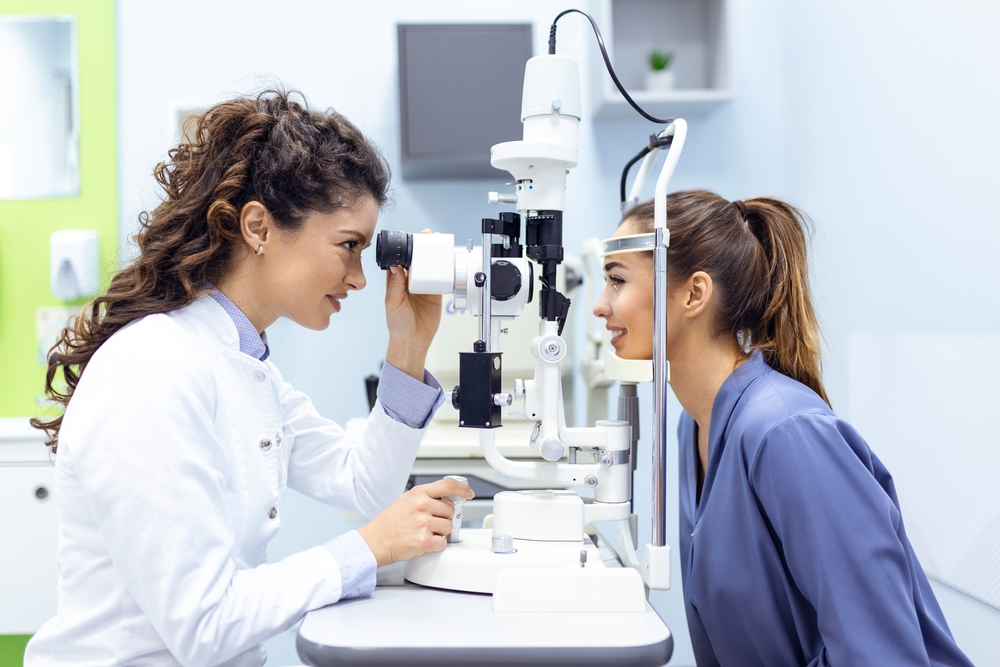
Good eye health is a crucial aspect of your overall well-being that often gets overlooked. It's easy to take your vision for granted, but by doing so, you risk missing early signs of conditions that could lead to vision loss if left untreated.
Understanding Comprehensive Eye Exams
A comprehensive eye exam is a thorough evaluation of your eyes and your vision conducted by an optometrist. Unlike basic vision screenings that only assess your visual acuity, a comprehensive eye exam goes much deeper.
In a comprehensive eye exam, your eye doctor will not only check your prescription for glasses or contact lenses but will also check your eyes for common diseases, assess how your eyes work together as a team and evaluate your eyes as an indicator of your overall health.
The key components of a comprehensive eye exam include a patient history, visual acuity testing, preliminary tests, keratometry, refraction, eye focusing and movement testing, and eye health evaluation.
The Importance of Regular Eye Exams
As you age, changes in vision are common. Presbyopia, for example, is a normal aging change that results in difficulty focusing on close-up tasks, like reading or sewing. These exams help you keep your prescription up-to-date. Wearing glasses or contact lenses with an outdated prescription can strain your eyes and exacerbate vision problems.
Regular eye exams play a crucial role in detecting common eye conditions early. Conditions such as glaucoma, macular degeneration, and diabetic retinopathy often have no noticeable symptoms in their early stages. By the time you start noticing changes in your vision, these conditions might have already caused significant damage. Regular eye exams can catch these conditions early when they are most treatable, potentially saving your sight.
A comprehensive eye exam can also reveal signs of systemic diseases such as diabetes, hypertension, and even certain types of cancers, often before other symptoms appear.
How Often Should You Get an Eye Exam?
How often you should get an eye exam depends on several factors like your age, health condition, and risk factors for eye diseases.
As a general rule, adults aged between 18 and 60 should have a comprehensive eye exam annually. However, if you have a high risk of eye diseases due to family history, have a systemic condition like diabetes, or are experiencing changes in vision, you should get your eyes checked more frequently.
Conclusion
Regular eye exams are a crucial part of maintaining good eye health and overall health. They allow your doctor to detect changes in your vision and eye health over time, potentially catching serious conditions early when they are most treatable.
Prioritize your vision and eye health by scheduling your next comprehensive eye exam today, visit Highlands Optometry at our office in Bristol or Wise, Virginia. Please call (276) 466-4227 or (276) 679-5612, respectively, to schedule an appointment.






